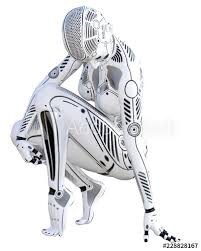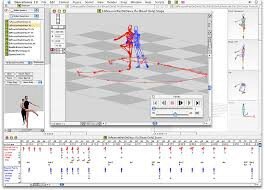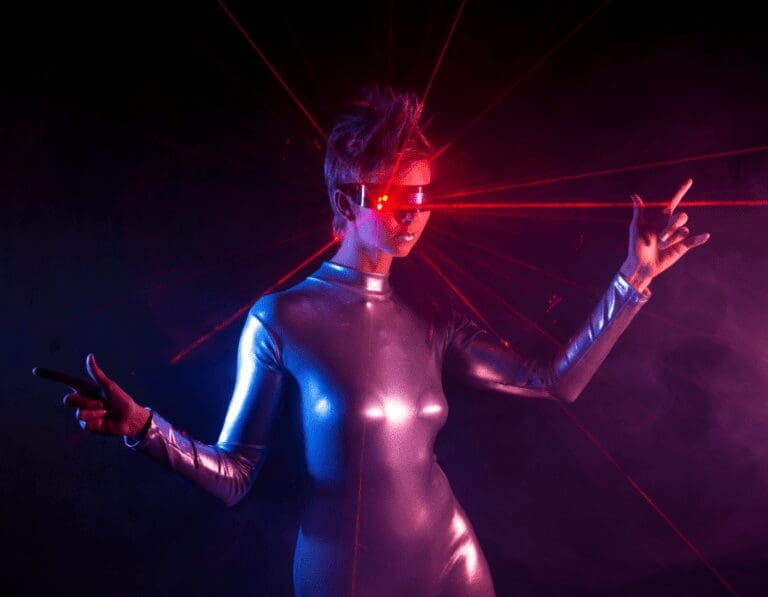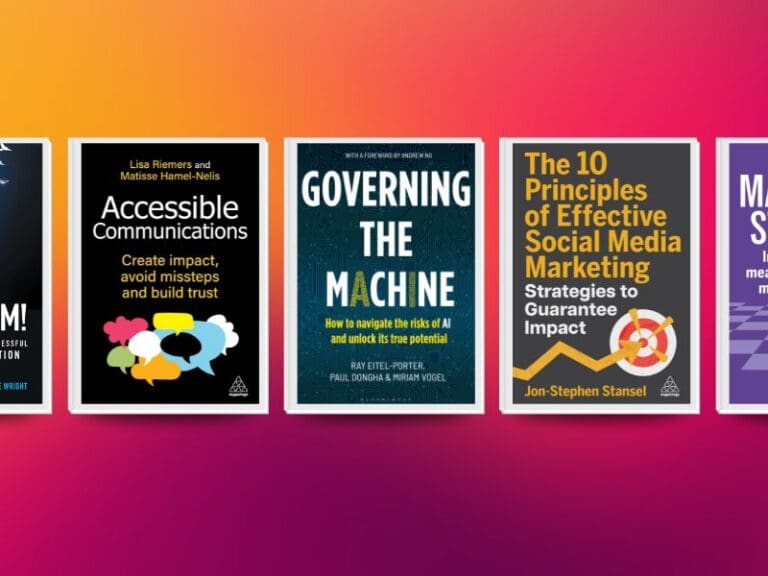As a professional dancer transitioning into a new career in tech, I wanted to take some time to learn about the innovations around technology and dance.
I often think of dance and other types of art as something purely human. As artists, we are able to express something unique and intimate through our art, but it is true that the intervention of technology is essential to make the show happen. Lights, video, audio, visual arts, and many other technical components contribute to the success of the wonderful show. This blend of creativity and tech can also be seen in learning how to become a junior developer: a beginners guide.
 All of that and some other very interesting interventions of technology in the professional dance world continue to develop.
All of that and some other very interesting interventions of technology in the professional dance world continue to develop.
For decades, prestigious personalities of the dance world have used technology as a choreographic tool for the creation of their work. It has played an important role in the preservation and creation of dance.
Merce Cunningham and LifeForms Software
Dancer and Choreographer Merce Cunningham used the software Lifeforms by Credo Interactive (later Danceforms) to create dance works in the 1990s. The software allows you to sketch out choreographic ideas using dance figures, manipulate movement poses and sequences as well as combining several bodies, and see the work from different angles.

This is an interesting article about this software.

Wayne McGregor and Google Arts and Culture Lab
Award-winning British choreographer and director Wayne McGregor, bringing innovation and radical ideas has become an iconic presence when speaking about choreography in the modern era. I learned that he has a science background and has always been curious about exploring creativity and new ways of movement. After a long career he wondered if technology could help him keep his performances fresh and took on a project with Google Arts & Culture Lab and produced something that I find fascinating.
This collaboration consists in teaching artificial intelligence to dance. They trained an algorithm using ten of McGregor’s dancers that were recorded while dancing in their unique style as well as using many hours of video from the choreographer’s work.
The tool is created by algorithms that can make predictions about a given movement. The technology takes the input from video getting the shape of the dancer’s body, the dynamic, articulation and position, the input is then run through 3 algorithms and is able to guess what the next pose will be, producing several choreographic sequences, offering new ideas in the style of a particular dancer or even a combination of styles of two different dancers. The purpose of their work is to generate a creative process that is much more efficient and fast and then it is up to the choreographer how to make use of this material.
You can read more about this following this link.

What I find fascinating is that extremely talented and creative artists are humble enough and curious to explore beyond what they know. For Merce Cunningham, working with the software was a way to expand his imagination and the possibilities of movement, for Wayne McGregor to generate a more efficient creative process.
The power of tools
The power of these tools relies on the world of possibilities that they can generate, they open up the space to explore original ideas. I imagine a performance where dancers are creating music with their bodies as they interact with each other, or maybe AI generates a choreography in real-time in response to a dancer’s movement.
In the past, I was part of a Mexican Folk Dance Company that fused Ballet with their traditional dances. Now imagine if we could keep exploring this type of collaboration and bring new things to life.
We have applied technology to almost every sector of our society, it influences how we interact with the world and with one another and since it has brought us endless sources of knowledge and possibilities and I am excited to see what kind of interactions will continue to develop.








